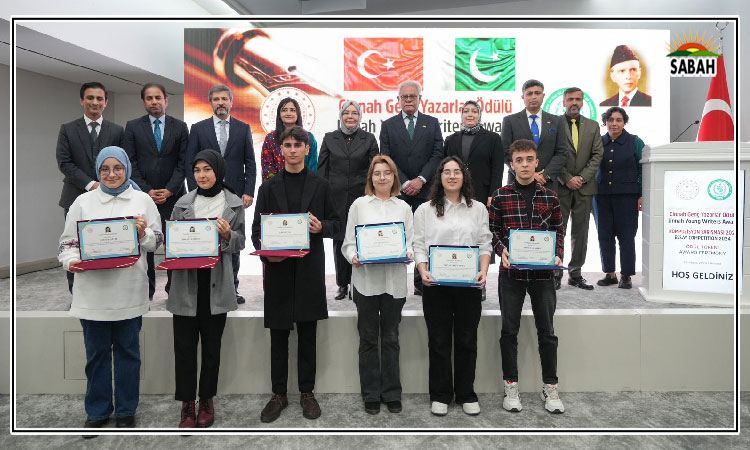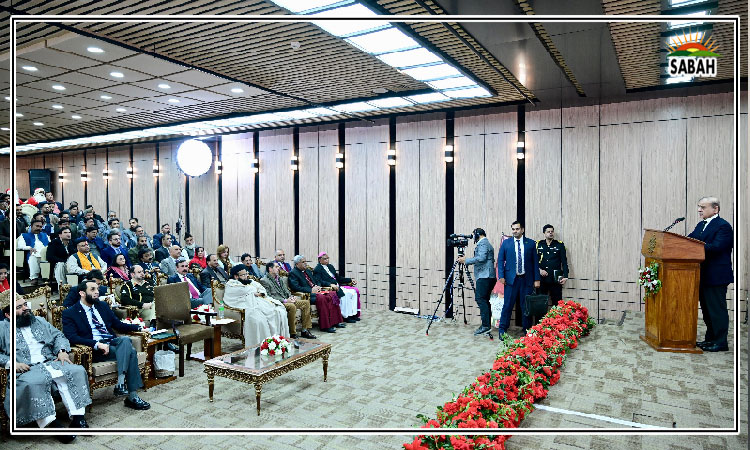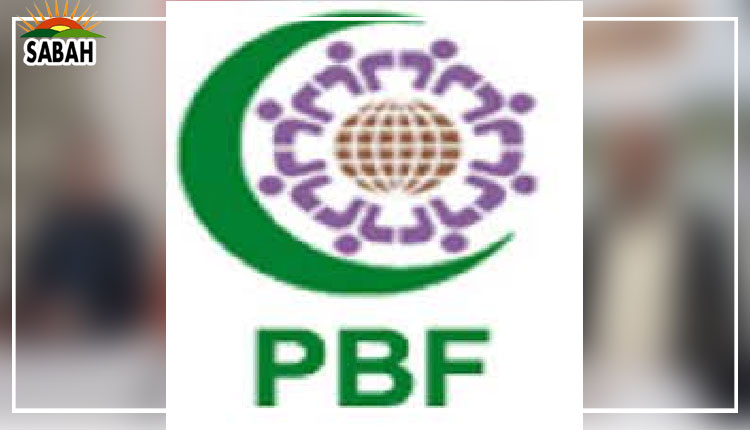Govt functionaries terming the shortage of urea a mere propaganda: Mian Usman Zulfiqar
LAHORE, Jan 18 (SABAH): President of Pakistan Businesses Forum (PBF), Mian Usman Zulfiqar said that the government functionaries are terming the shortage of urea a mere propaganda.
“The relevant minister termed the fears of shortage mere propaganda. Our repeated pleas to keep agriculture out of politics fell on deaf ears. Now everyone is seeing the disastrous results,” he added.
He said the artificial shortage of fertilisers in the different districts will affect the per acre yield of wheat in the ongoing season.
Pakistan’s wheat crop is under threat, as the farmers are facing acute shortage of urea since the start of the sowing season. Despite the government’s claims, the farmers are still paying Rs2,500 to Rs2,700 for 50kg bags as against the officially fixed rate of Rs1,768.
However, the government claims surplus availability of the commodity but the growers fear the persistent shortages will also hit the sugarcane and maize crops, which they termed a bad omen for the sugar and poultry sectors.
Despite the federal government has upped the target from 27.3 million tonnes of last year to 30mt for this season, but the federal authorities could not ensure the availability of both diammonium phosphate (DAP) and urea fertilisers though the Agriculture Department’s flagged the issue well in time, in the month of September.
In result Farmers were the ultimate sufferers of the government’s mismanagement. “Yes, there are multiple causes of supply and demand gap. People are even accusing farmers of panic buying. It could be true to some extent, as the majority of smallholders do not have enough money to do that.
They stand in queues for hours just to get a couple of bags of urea after verifying themselves as farmers. Yes, the middleman could afford to purchase additional quantities for more profit in the days to come,” he said.
Keeping the growers in queues for hours just to give them important input was a big injustice. Such practice could pose local and internal security challenges.
PBF President further claims that the Pakistani Sona Urea brand had been smuggled to even Central Asian states for the past many years for its quality and low price. This year its smuggling increased manifold, while some local middlemen also hoarded the compost to earn some extra bucks by selling it in the black market.
He says the country was in surplus as far as the urea compost is concerned and refers to a recent plea of the urea manufacturers seeking permission of the federal government for export of the surplus commodity.
Currently, urea fertiliser has lost its price tag in Punjab. The government’s reaction only makes matters worse. The ministers are found justifying higher prices by comparing it with international prices.
The worst part of the whole situation is that it was predictable, thus preventable. The government had ample warning and time before the crisis started worsening. Punjab rang alarm bells as early as September 15 last year.
In the last two years, the country has had record production of wheat, maize and rice crop and the government repeatedly claimed credit for bumper crops. This higher yield could only have two drivers: either an increase in area or per acre yield. Per acre yield, as recorded in the case of wheat, came with additional application of fertiliser — adding to demand.
“I think there will be again shortage of wheat this year year,” he warned, adding that in the outgoing year, Pakistan’s wheat output was around 27 million metric tons, as compared to the requirement, which is around 30 million metric tons.
Zulfiqar added Pakistan will have to produce around 32.5-35 million metric tons as our consumption increases by 4-5% every year.
On the other hand farmers are already under debt due to an increase in the cost of diesel, electricity and the overall inflation. Many of them could not even apply phosphorus fertiliser; he added.












